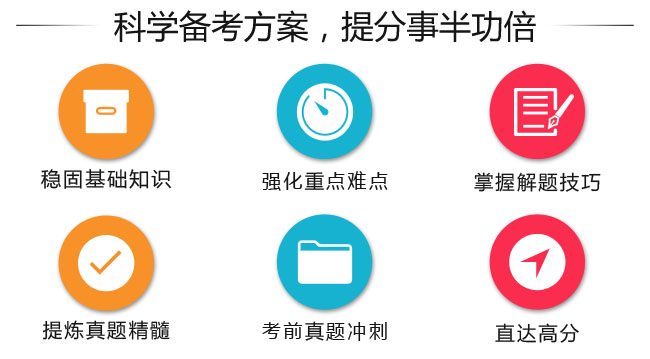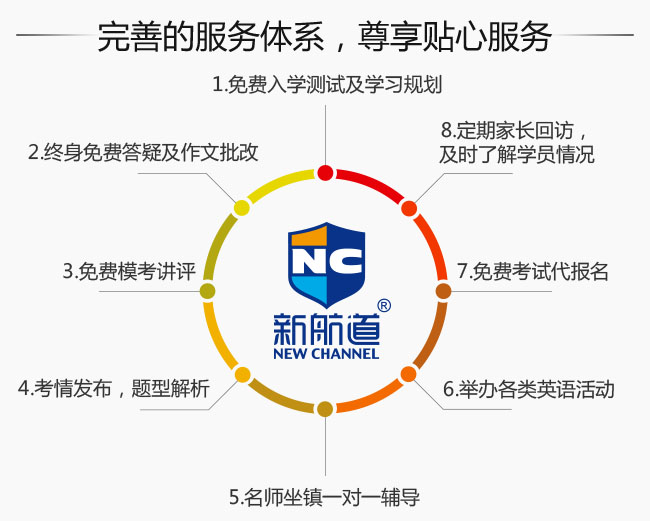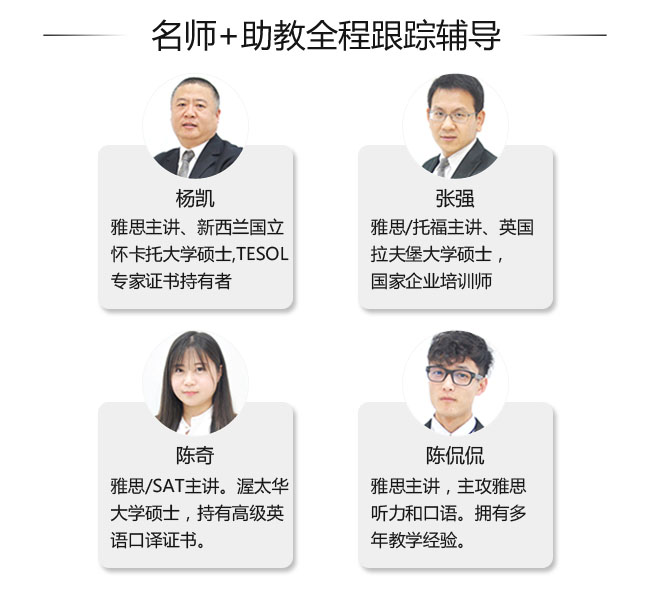剑桥雅思12Test7雅思口语Part3话题+范文
2017年09月07日
剑桥雅思12Test7雅思口语Part3话题+范文
推荐:剑桥雅思12Test7雅思口语Part1话题+范文 、剑桥雅思12Test7雅思口语Part2话题+范文
1. Why do some parents give their children money to spend each week?
参考答案 1
I guess one important reason is that giving children some pocket money can help them to learn how to use money reasonably. For example, children might learn that if they spend all their pocket money on snacks, they would be unable to pay for their favourite toys. Teaching children how to manage their budget and how to save up for something they want might be one of the reasons why parents do this.
参考答案 2
In my personal view, parents tend to give money to their children each week because they hope their kids can buy something they want. For example, when they walk home after school, they can buy ice cream to eat in a hot summer day, or they can pay for their bus or metro ticket by using their pocket money.
2. Do you agree that schools should teach children how to manage money?
参考答案 1
Oh, definitely. If schools can provide courses on how to manage pocket money, children would be more likely to develop appropriate buying habits. For example, if they see something they like very much but cannot afford, they would know they need to save up for it. Instead of living on a tight budget, it is always best to have some money put by for a rainy day.
参考答案2
No, I don't think its necessary. Parents are best teachers to teach children how to manage their own finance. For example, when parents bring their children to a supermarket, they can tell kids how to compare prices, how to use discounts available when buying chocolates and chips. Compared with learning how to save money in school, acquiring money management skills in real life can be much easier and more rewarding.
3. Do you think it is a good idea for students to earn money while studying?
参考答案 1
Not really. Studying is the top priority for students, especially for full-time students. Finding part-time jobs with the purpose of earning money may influence their studies negatively. For example, if there is a time conflict between their part-time jobs and courses, they may not catch up with lectures on time, and their academic performance would suffer because of this.
参考答案 2
I do think this is a good idea. I mean, if students can earn money by working part time, they will become economically independent. They can use this extra money to pay for tuition fees and expensive textbooks, or simply to buy some life necessities, like a laptop.
4. Do you think it is true that in today’s society money cannot buy happiness?
参考答案 1
Absolutely. Money can’t buy happiness, no matter in the past or even in today’s society. Happiness is not about extravagant lives with huge houses and cars, but about family bonds, good health, and harmonious personal relationships in the workplace. For children, happiness often stands for eating something delicious or playing with toys. For lovers, a warm hug is a symbol of happiness. So our feelings of happiness cannot be measured simply by how much money we have.
参考答案 2
Well, money is essential to life and we can^ live without money. In my view, it is the source of happiness, especially in todays society. Money can enhance our quality of life and make us live more comfortably. If people have to worry about what to eat or where to live due to lack of money, they won’t feel happy. Moreover, money can help us to enrich our life experiences. For example, you are unable to travel without money in your pockets. Therefore, money not only fulfills our basic survival needs, but also allows us to live an interesting and colourful life.
5. What disadvantages are there in a society where the gap between rich and poor is very large?
参考答案 1
Definitely. There are a lot of disadvantages if the gap between rich and poor is very large. Poor people may feel unfair when they see rich men living in big houses, driving roadsters, or having sumptuous meals. The result of this is that some people may end up resorting to stealing, robbing, and even committing serious crimes with the aim of getting extra money. In this sense, the large gap between rich and poor in society may lead to rising crime rates and thus social instability.
参考答案 2
In my view, the most serious problem is the inequality of resources and opportunities between rich and poor. Millionaires and multimillionaires constantly show off their money by wearing luxurious clothes and bags, and their children can study in school with best teaching faculties and facilities. Impoverished people, by contrast, do not have enough money to meet their basic needs, such as paying for food, housing, health care and education.
6. Do you think richer countries have a responsibility to help poorer countries?
参考答案 1
Yes, I strongly agree with this. In this age of globalisation, nations are more interconnected and interdependent than ever before, so I think rich countries have a moral obligation to support impoverished ones and this can be done in various wayst from providing funds to donating medical equipment* The overall benefits of giving international aid are not limited to economic progress for poorer nations, but also lie in potential economic or political outcomes, like enhanced export performance or decreased refugee numbers.
参考答案 2
In my personal view, richer countries have a responsibility to help poorer countries, but the aid should not be restricted to giving money. Dollars may go into corrupt governments, which means little fund can be used in the right purpose such as providing food and housing to civilians. Therefore, rich countries do have an obligation to help under-developed ones, but this can be done in better ways, like lifting trade barriers and providing technology supporting.






